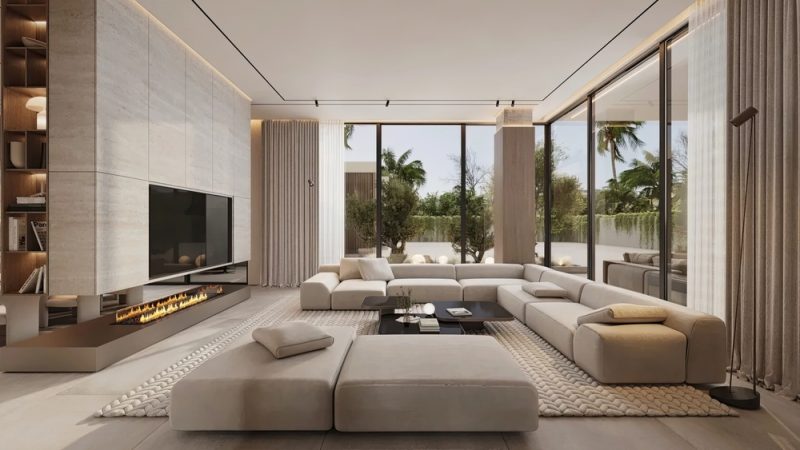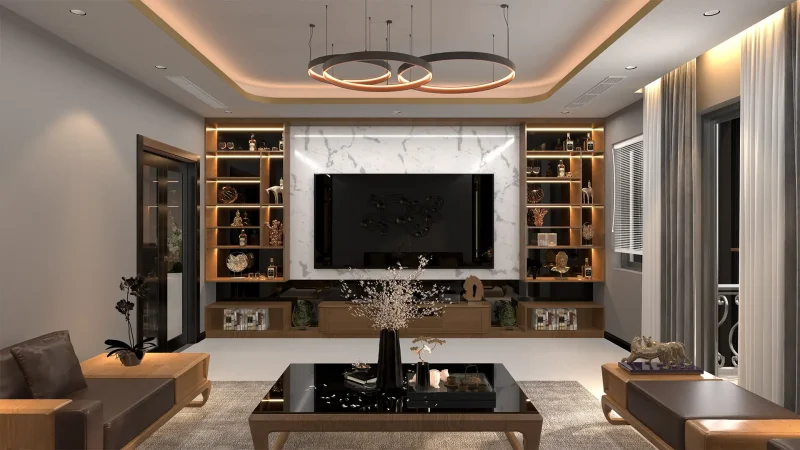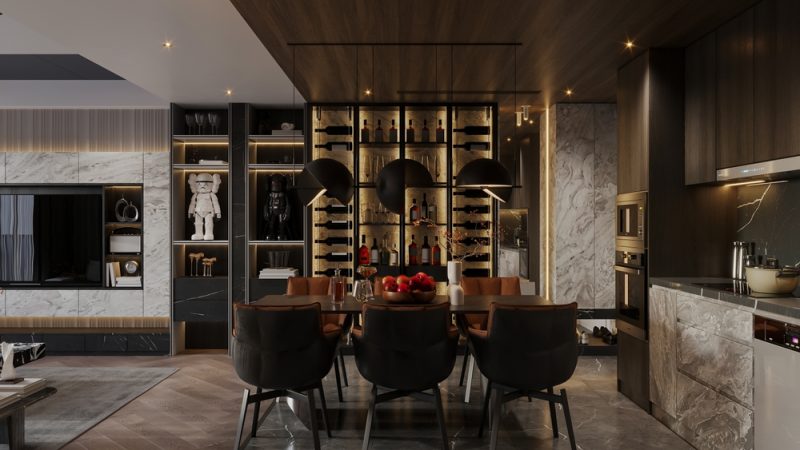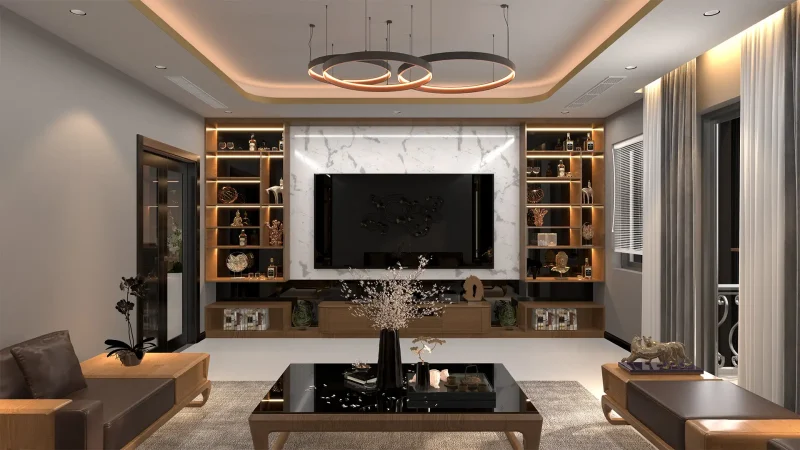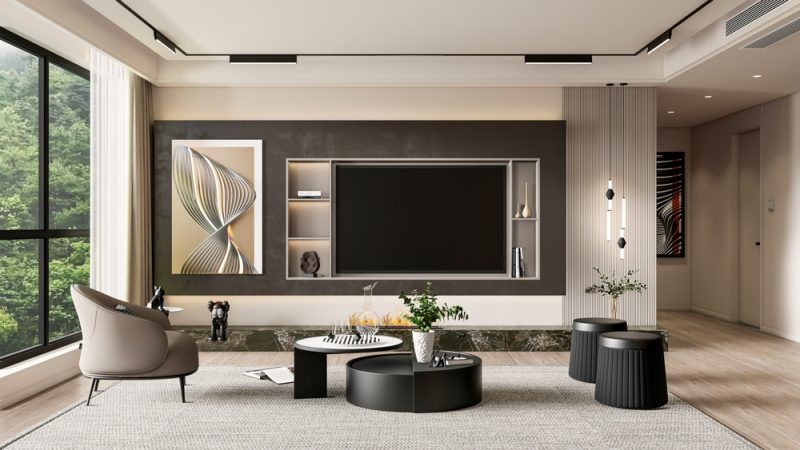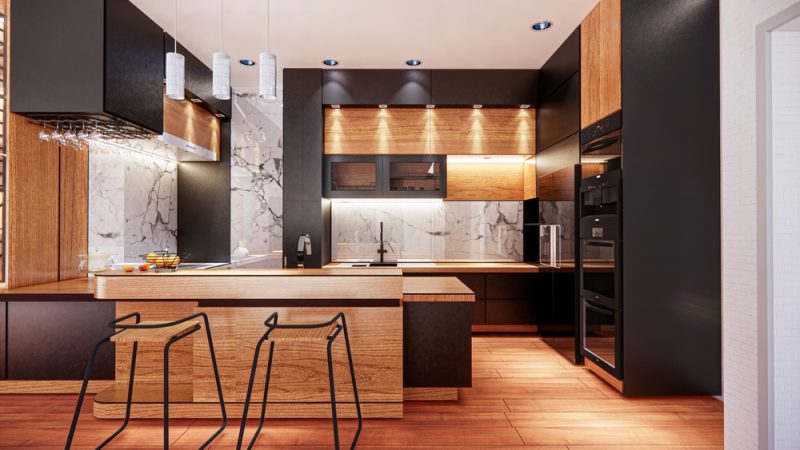How to Use Mirrors to Make Your Living Room Look Bigger and Brighter
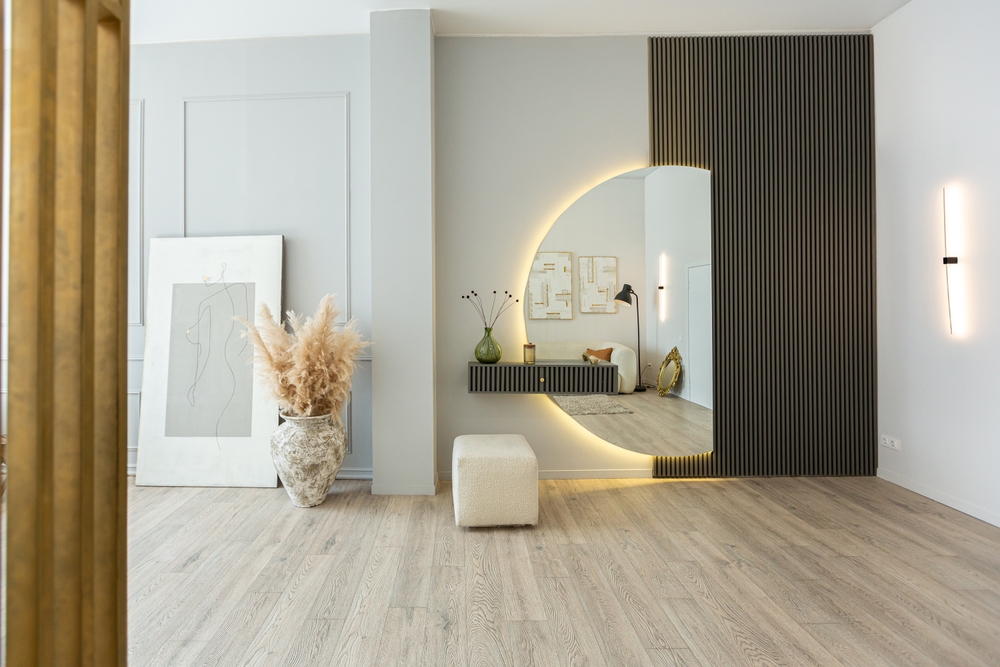
Mirrors are a powerful tool in interior design, especially when it comes to enhancing the sense of space and light in a living room. Strategically placing mirrors can create the illusion of a larger, more open area while amplifying natural and artificial light. This guide explores effective techniques to utilize mirrors for making your living room appear bigger and brighter.
Benefits of Using Mirrors in Interior Design
- Illusion of Space: Mirrors reflect their surroundings, making a room feel more expansive.
- Enhanced Light: By reflecting light, mirrors brighten up darker areas, reducing the need for additional lighting.
- Aesthetic Appeal: Decorative mirrors add style and depth, serving as functional art pieces.
Strategic Placement of Mirrors
Opposite Windows
Placing a mirror directly opposite a window maximizes natural light reflection, effectively doubling the amount of sunlight in the room. This arrangement not only brightens the space but also brings the outdoor view inside, enhancing the room’s ambiance.
Adjacent to Light Sources
Positioning mirrors next to lamps or behind pendant lights reflects artificial light, distributing it more evenly throughout the room. This technique is particularly useful in rooms lacking natural light, as it amplifies existing illumination.
Behind Furniture
Placing a large mirror behind key furniture pieces, such as sofas or dining tables, creates depth and the illusion of additional space. This setup makes the room appear more open and inviting.
Choosing the Right Mirror Design
Large, Unframed Mirrors
Opting for large, unframed mirrors can make a small living room feel more spacious. The absence of a frame allows the mirror to blend seamlessly with the wall, creating a continuous, expansive look.
Floor-to-Ceiling Mirrors
Installing floor-to-ceiling mirrors elongates the room, giving the impression of higher ceilings and a more substantial space. This design choice is particularly effective in compact living areas.
Mirrored Furniture
Incorporating mirrored furniture, such as coffee tables or cabinets, adds reflective surfaces that enhance light distribution and create a sense of openness. These pieces serve dual purposes by being both functional and space-enhancing.
Creative Mirror Arrangements
Gallery Wall of Mirrors
Arranging a collection of small mirrors in a gallery wall format adds visual interest and reflects light from multiple angles. This artistic display can serve as a focal point while contributing to the room’s brightness.
Mirrored Backsplashes
Installing mirrored backsplashes, especially in areas adjacent to the living room like open kitchens or wet bars, can reflect light into the living space, enhancing overall brightness.
Sliding Mirrored Doors
Replacing traditional doors with sliding mirrored doors saves space and adds reflective surfaces, contributing to a more open and luminous environment.
Tips for Effective Mirror Use
- Consider Reflections: Always be mindful of what the mirror reflects. Position mirrors to reflect aesthetically pleasing views or light sources, avoiding cluttered or undesirable areas.
- Balance with Decor: Ensure that mirrors complement the existing decor. The style, shape, and frame of the mirror should align with the room’s design theme.
- Avoid Overuse: While mirrors can enhance space and light, excessive use can lead to a disorienting effect. Use mirrors thoughtfully to maintain harmony in the room’s design.
Conclusion
Utilizing mirrors strategically in your living room is an effective way to create the illusion of a larger, brighter space. By thoughtfully selecting mirror placements and designs, you can enhance both the functionality and aesthetic appeal of your living area.

